The Haunting of Hill House might be the defining horror story of 2018, here are 10 others
With films such as Hereditary, A Quiet Place and Halloween, and television shows such as Sharp Objects, Ghoul and The Haunting of Hill House, 2018 has been a phenomenal year for horror.
The biggest mistake modern horror filmmakers make - and this includes James Wan, easily the most successful of the lot - is that they have a fundamentally flawed understanding of ghosts or ghouls or demons or whatever supernatural being they choose to make the antagonist of their stories.
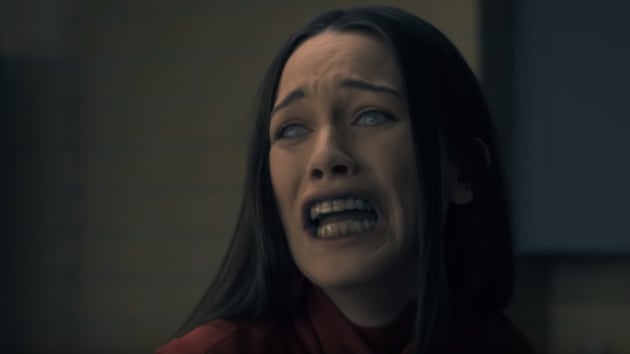
Ghosts are scary. Deranged clowns are scary. Creepy dolls are scary. There can be no debating this. But for some reason - perhaps a lethal combination of artistic laziness and a underestimation of audiences’ intellect - most modern horror movies insist on reducing ghosts to mere jump scares. We don’t need to see a demon leap out of a closet to be scared - ideally, just the sight of the spook, the mere idea of it, should be enough to send a chill down your spines.
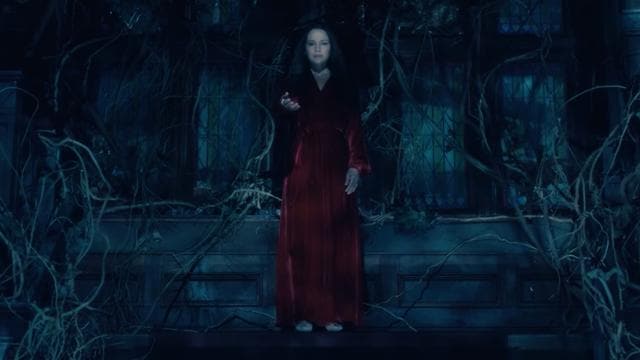
Which is why Netflix’s The Haunting of Hill House is perhaps the best ghost story of the year, and maybe even the defining piece of horror of 2018. Writer Stephen King, who is undoubtedly the foremost authority on American horror and whose work has directly influenced the show, between taking potshots at President Donald Trump on Twitter, called Haunting of Hill House ‘a work of genius’.
King has a vested interest in hyping up director Mike Flanagan - he’ll soon begin work on an adaptation of King’s The Shining sequel, Doctor Sleep - but one look at Flanagan’s filmography is enough to quell all incredulity at King’s hyperbolic statement. Flanagan has slowly risen up the ranks within the studio system to establish himself as one of the most exciting and naturally gifted horror directors working today.
He burst onto the scene with the moody Absentia, followed it up with Oculus - he also executive produced the Hindi remake - saved the Ouija franchise with his retro reboot, and directed a slate of Netflix originals, culminating with the Haunting of Hill House. He understands that for horror to truly take effect, the filmmaker must tap into our fears - not by hurling demons at us, but by implying that they live among us.
What’s scarier than a fanged ghost shrieking at your face? I’ll tell you. It’s to watch a lonely lady perform a waltz all by herself, weaving in and out of the empty hallways of her creaky old mansion - and then realising that she’s dead.
The Haunting of Hill House serves as a bookend to a terrific year in horror, thanks mostly to the huge growth online streaming has witnessed. This Halloween, let’s take a look at some of the best scary movies of the year.
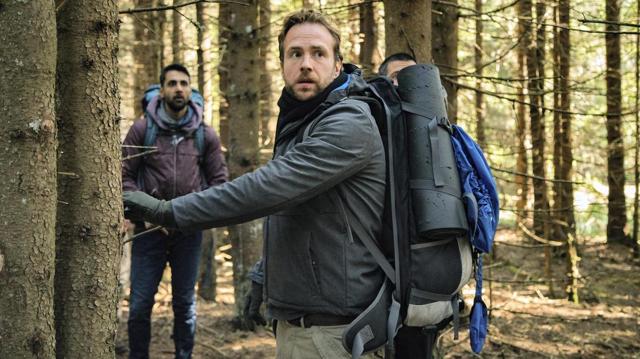
Like most great horror films, it is very likely that most of the people that end up watching The Ritual will do so at home. If you’ve become completely desensitised to mainstream horror then you’re in for a genuine treat. At first glance, The Ritual looks like a film that borrows heavily from other classic forest horror movies – The Blair Witch Project’s imprint is deep, as is the influence of films such as Eden Lake and more recently, Wolf Creek. But as it trudges along, over hillocks and across streams, it transforms into its own thing.
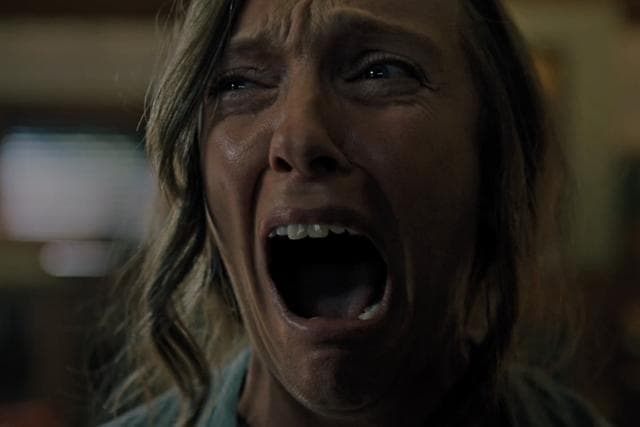
There is no scenario that ends with you having a pleasant experience watching this film. There is a malevolence about it, an unshakable evilness that penetrates your psyche drop by painful drop. Hereditary is a film about trauma. It is a film about how a person’s sins are transmitted, like a disease, onto their children. It is an inescapable burden that we must bear for no fault of our own - sort of like being born poor, or rich - all the while cultivating our own flaws to pass on.
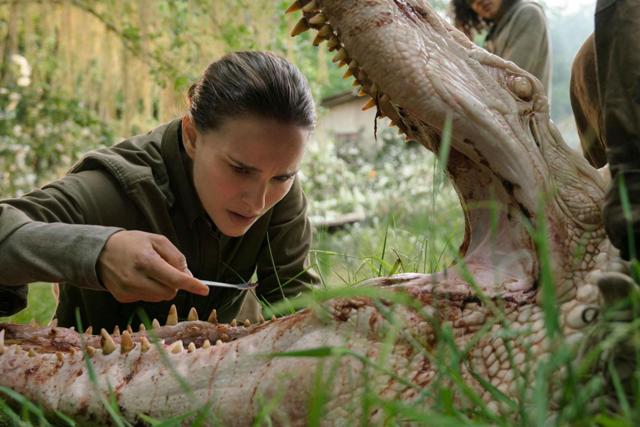
While it isn’t a horror movie in the traditional sense - although to some unfortunate souls it might very well be - director Alex Garland’s meditative sci-fi film certainly has its moments of terror. It’s such a carefully constructed film, both physically and emotionally; it’s a raw and ambitious science-fiction story that warrants several repeat viewings, only to discover new ideas.
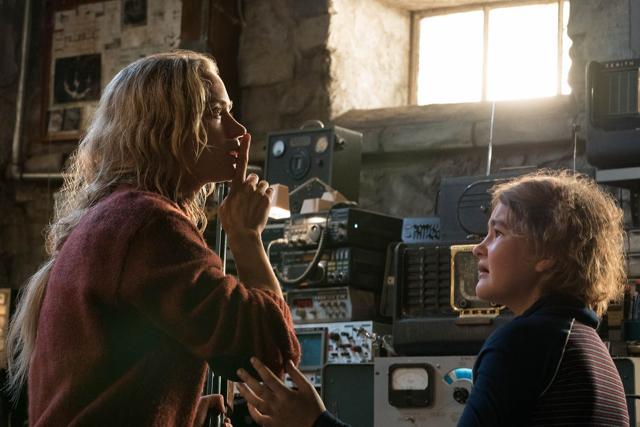
Debutant horror director John Krasinski’s approach as director is to systematically dismantle the sad trends that have overtaken mainstream horror films. A Quiet Place is an effortless distillation of the three elements that define filmmaking: sound, light and actors. It is also perhaps the only film on this list that truly deserves major Oscars appreciation come February.
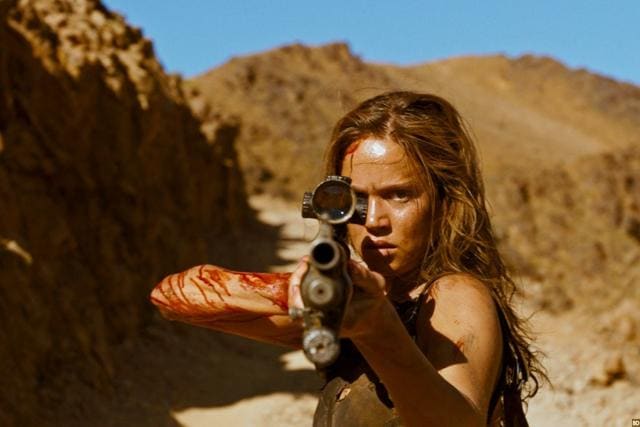
Everything you’ve heard about Revenge, one of the most provocative movies of the year, is true. It’s a blood-soaked fable, a rape-revenge movie made with style and subtext. What director Coralie Fargeat has achieved in Revenge is similar to what Julia Ducournau did last year with her feminist cannibal film, Raw. Both directors used the language of horror cinema to convey ideas specific to women, by combining French arthouse storytelling with American exploitation.
Ghost Stories
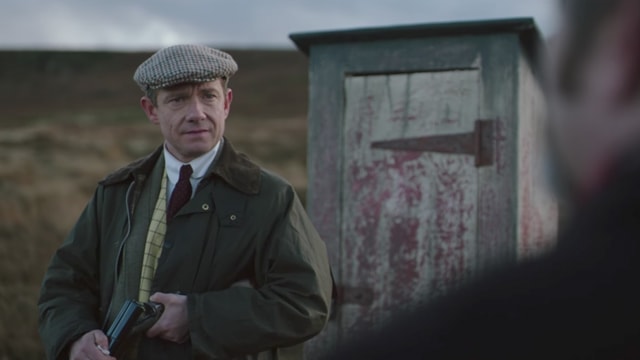
It’s been a while since we’ve had a good British horror story. Ghost Stories, directed by Andy Nyman and Jeremy Dyson, is about a man who has devoted his life to debunking paranormal activity - a fairly common trope, abused by those wretched Conjuring movies - and through three seemingly unrelated cases goes on a twisted journey of self-realisation.
Mandy
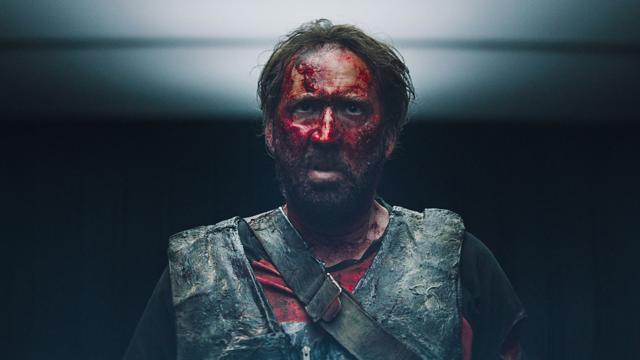
Directed by Panos Cosmatos, who previously made the trippy Beyond the Black Rainbow, Mandy is the exactly the sort of film you’d like to imagine Nicolas Cage has been trying to make for the last two decades, but always missing the mark. It’s playing at MAMI, which is a huge win.
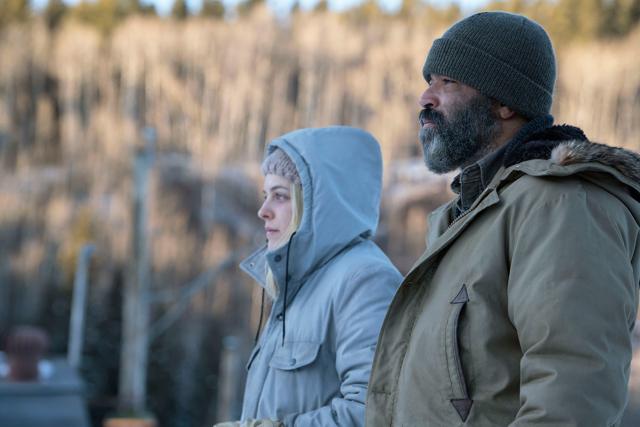
Hold the Dark isn’t an easy watch - if the dourness doesn’t get you, the violence will - but it’s gripping. From the very first scene, it latches onto your neck and drags you, despite your protests, to where it wants you. And in its final moments, it goes in for the kill.
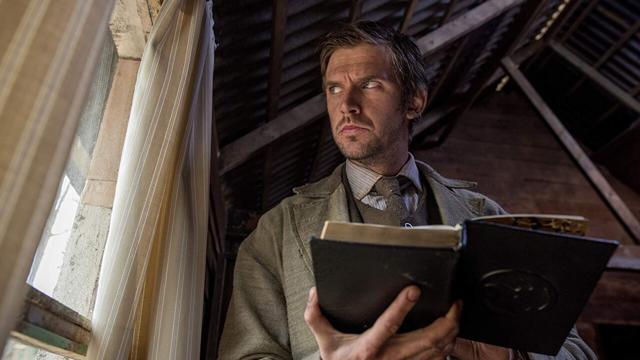
Apostle is a dense horror-fantasy in the vein of the cult British film, The Wicker Man (not the ridiculous remake starring Nicolas Cage) and director Ben Wheatley’s Kill List - a departure from the martial arts mania of director Gareth Evans’ Raid movies. It’s more sprawling in its scope - despite the claustrophobia of being set on an island - and more layered in its world-building.
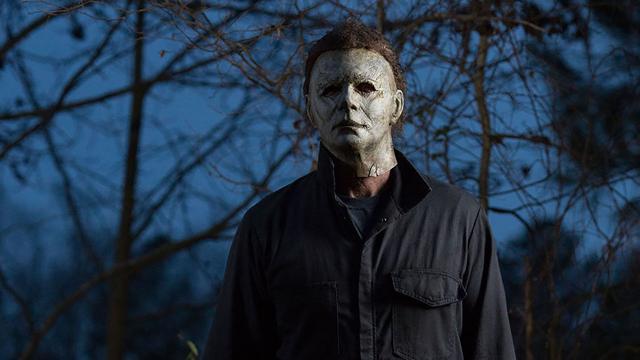
Director David Gordon Green’s reimagining/reboot/remake takes the DNA of what made John Carpenter’s original movie such an influential masterpiece and injects it with a slick contemporary touch - a dash of feminism, a nose thumbed at horror tropes, and an almost carelessly provocative third act.
Follow @htshowbiz for more
The author tweets @RohanNaahar






